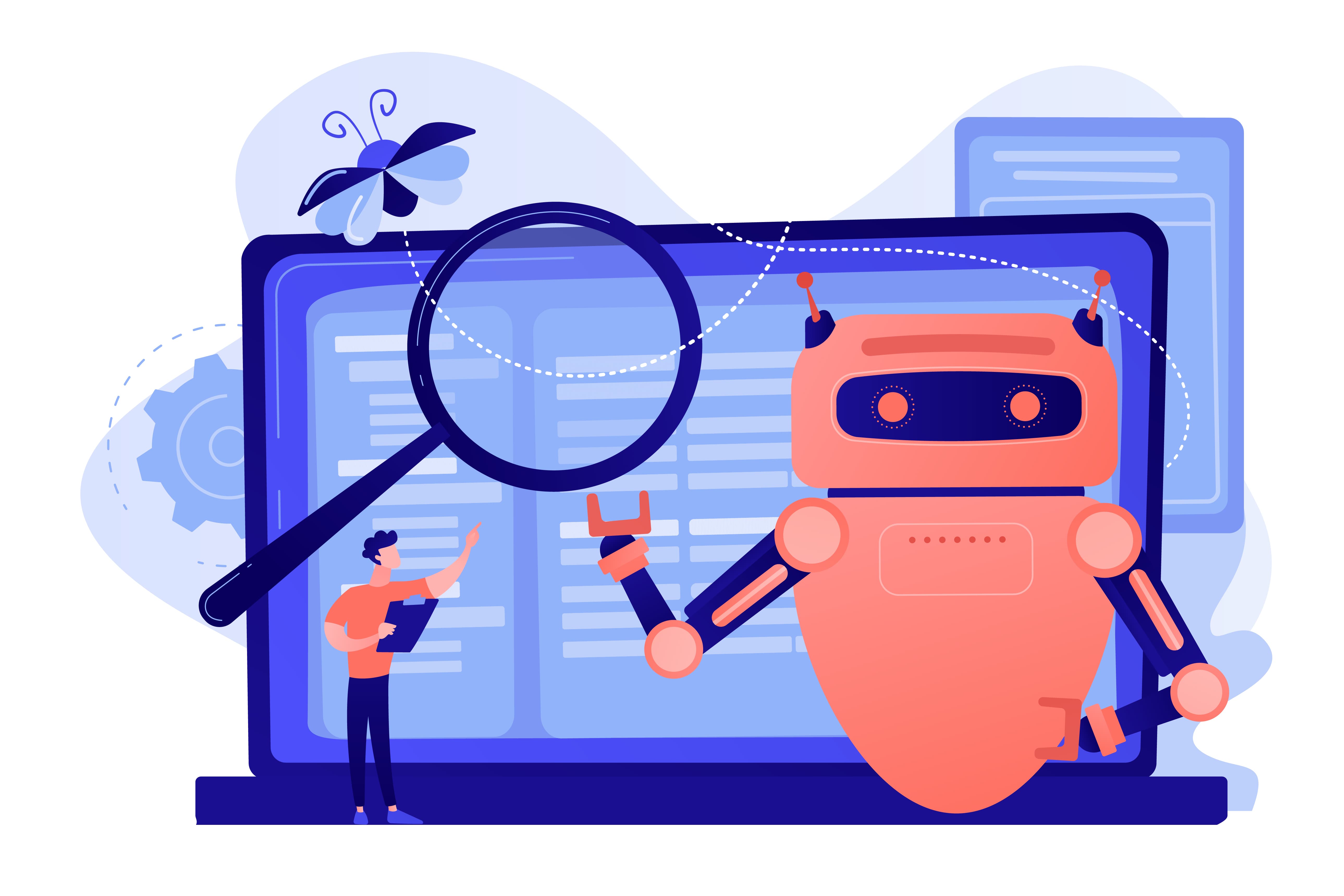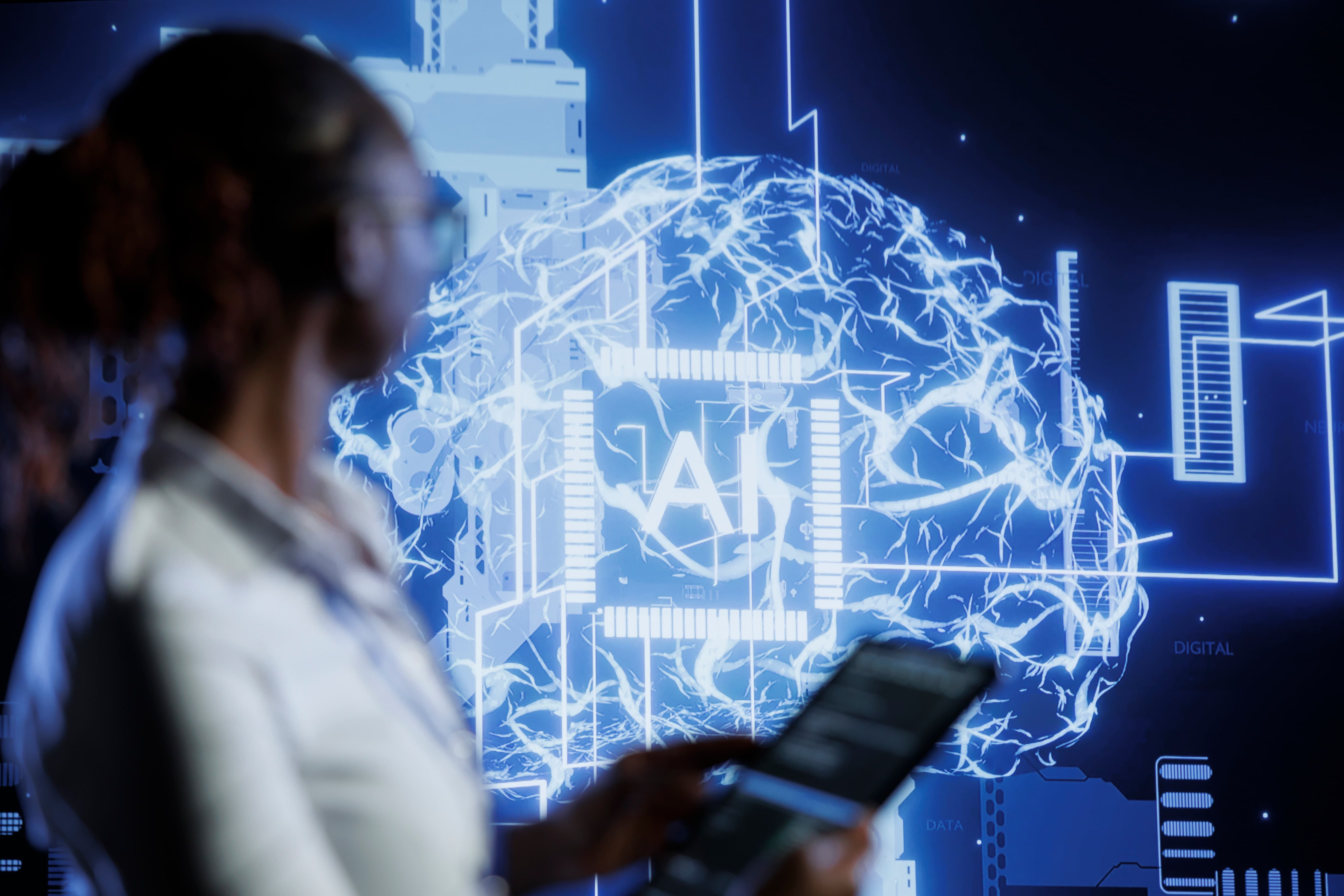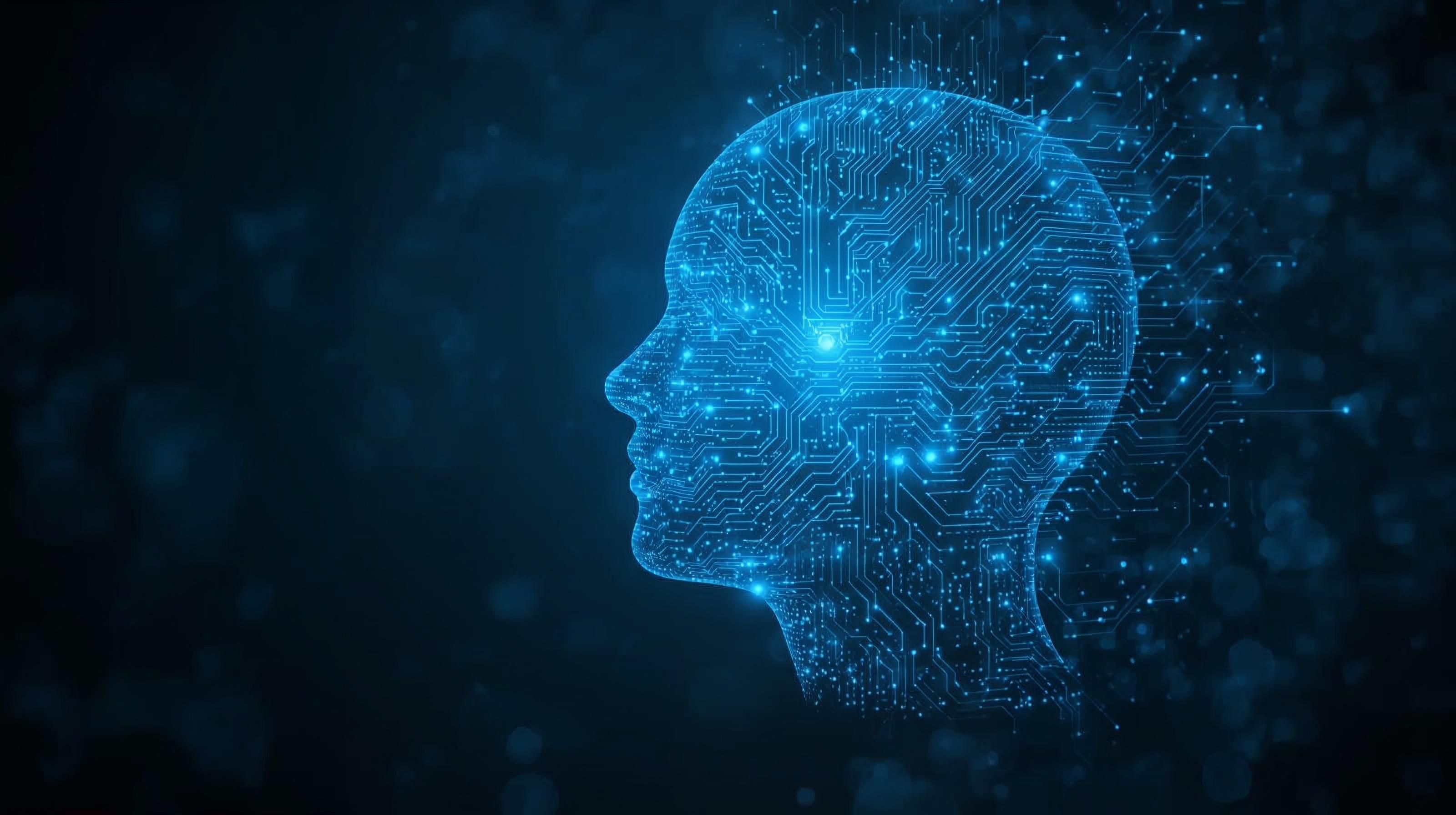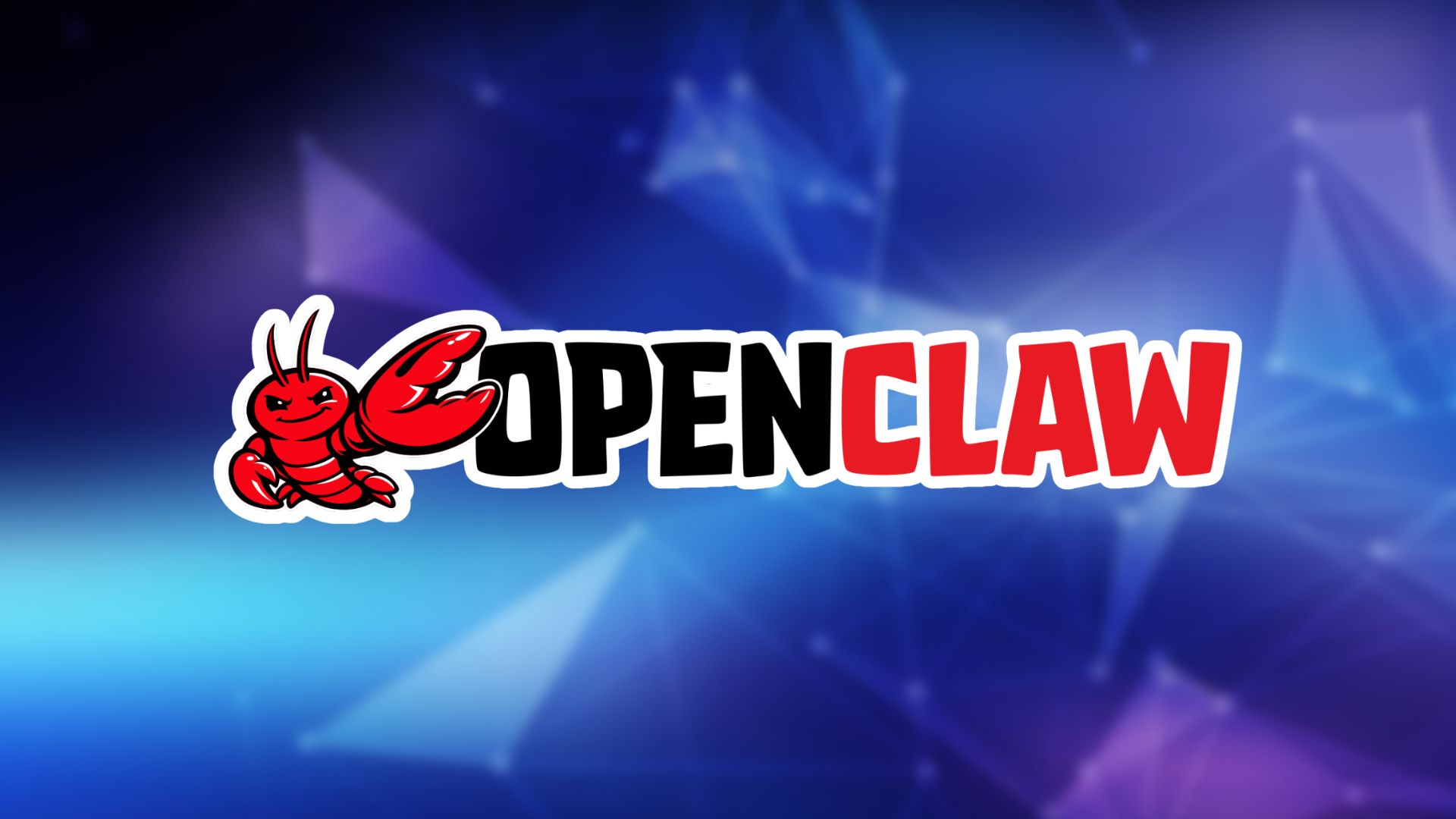Digital sovereignty is gaining urgency as organisations seek infrastructure that remains secure and reliable under strict regulatory conditions.
Microsoft is expanding its Sovereign Cloud to help public bodies, regulated industries and enterprises maintain control of data and operations even when environments must operate without external connectivity.
The updated portfolio allows customers to choose how each workload is governed, rather than relying on a single deployment model.
Azure Local now supports disconnected operations, keeping mission-critical systems running with full Azure governance within sovereign boundaries. Management, policies and workloads stay entirely on site, so services continue during periods of isolation.
Microsoft 365 Local extends the resilience to the productivity layer by enabling Exchange Server, SharePoint Server and Skype for Business Server to run locally, giving teams secure collaboration within the same protected boundary as their infrastructure.
Support for large multimodal AI models is delivered through Foundry Local, which enables advanced inference on customer-controlled hardware using technology from partners such as NVIDIA.
Such an approach helps organisations bring modern AI capabilities into highly restricted environments while preserving control over data, identities and operational procedures.
Microsoft positions it as a unified stack that works across connected, hybrid and fully disconnected modes without increasing operational complexity.
These additions create a framework designed for governments and regulated industries that regard sovereignty as a strategic priority.
With global availability for qualified customers, the Sovereign Cloud aims to preserve continuity, reinforce governance and expand AI capability while keeping every layer of the environment within local control.
Would you like to learn more about AI, tech and digital diplomacy? If so, ask our Diplo chatbot!










